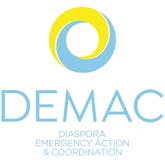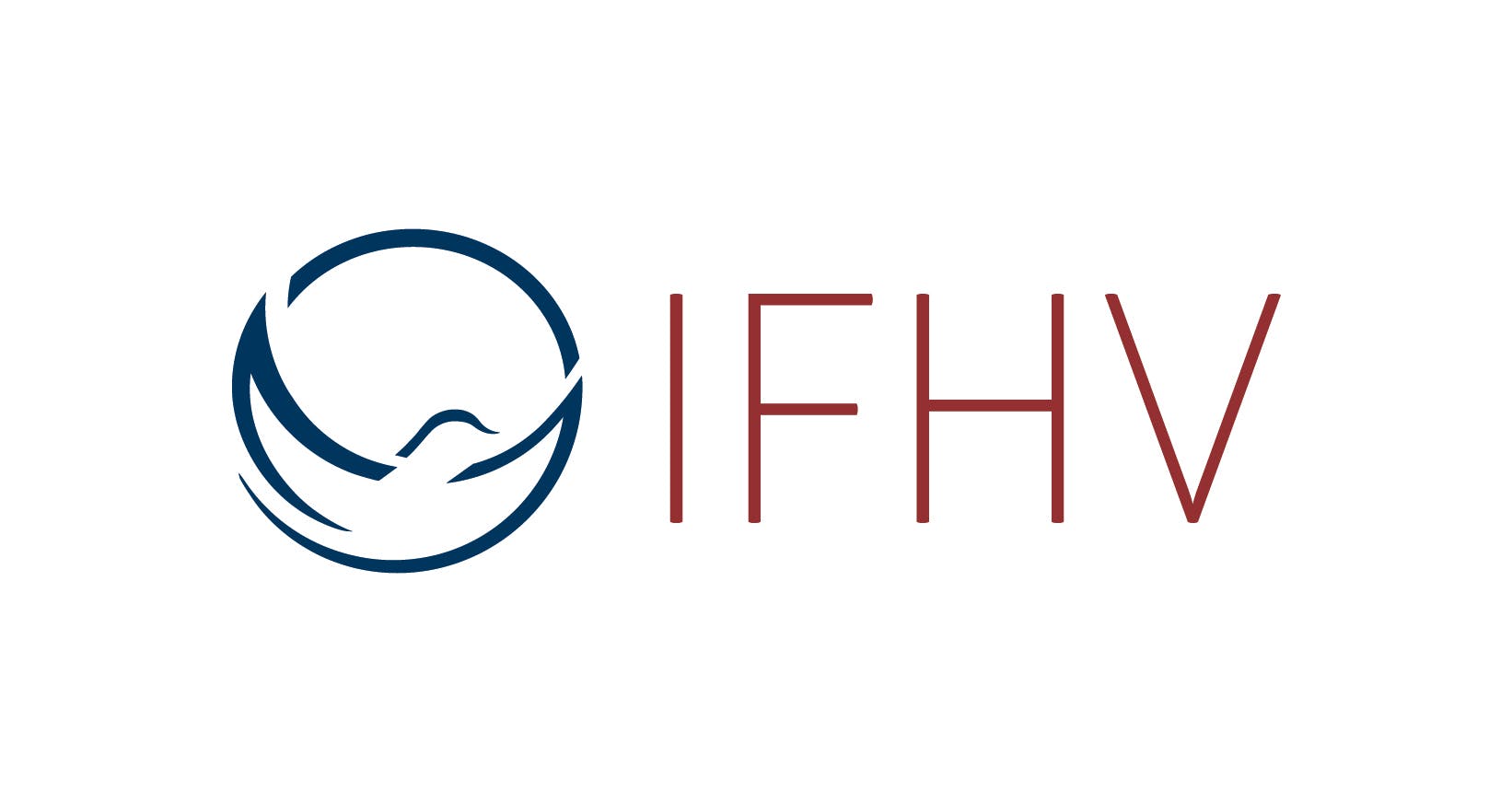Delivering Better Together – Partnering with Diaspora Organizations
Fully booked
The humanitarian system has often been criticized for being shaped predominantly by actors from the global North, for its failure to acknowledge local and national capacities, for creating dependencies instead of sustainable outcomes, and for its increasing inability to reach those in need of humanitarian assistance. Integrating ‘non-traditional actors such as diasporas into the broader humanitarian system will ensure a more relevant, efficient, and sustainable humanitarian response. Considering diasporas’ transnational identity and close local ties, they play a vital role in the localization agenda, one of the main commitments under the Grand Bargain. Diasporas are heterogeneous – they have different capacities, values, and approaches – and can play a valuable and agile role in emergency responses. However, assistance provided by diaspora organizations and the institutional humanitarian actors often follows parallel tracks, resulting in a lack of mutual understanding and recognition, and thus a lack of coordination and collaboration that would benefit the overall response.
In the context of this exchange workshop, you will learn about the latest findings on the role, benefits and advantages of diaspora and migrant organizations in humanitarian settings and discuss best practices among NGOs together with diaspora or migrant organization representatives. The course is planned as an online workshop on 7 April 2022.
You will learn
how the humanitarian work of diaspora organizations is linked to humanitarian INGOs, including examples of existing cooperation
how transnational ways of humanitarian work can look like that include affected communities and shift decision-making power to local actors
how you can best reflect your understanding of humanitarian activities and ethics vis-à-vis the international Localization Agenda
how you can establish a mutual understanding of your work and discuss the benefits, limits and arising challenges of cooperation between diaspora organizations and humanitarian NGOs
Target group
Staff of humanitarian NGOs with solid working experience in the humanitarian sector
Schedule
Welcome and Introduction
Introduction to the program, agenda, main learning objectives, speakers and participants
Session 1
Conceptual Framework for Diaspora Humanitarianism
Break
Session 2
Diaspora Organizations Motivations, Activities and Networks
Lunch Break
Session 3
Diaspora and the Institutional humanitarian System
Break
Session 4
Parallel Deep Dive Sessions
Reporting Back to Plenary
Plenary Reflection and Summary
DEMAC - Diaspora Emergency Action & Coordination
Lecturer

DEMAC - Diaspora Emergency Action & Coordination, is a global initiative aiming at enhancing inclusive coordination among diaspora organizations providing humanitarian assistance, and across diaspora organizations and institutional humanitarian actors.
DEMAC seeks to increase engagement and visibility for diaspora organizations in the humanitarian system through workshops, seminars, peer-to-peer networking events and evidence-based research. DEMAC aims to contribute to a deeper understanding of diasporas as humanitarian actors and thus adds to transforming the humanitarian ecosystem.
DEMAC is since 2015 hosted by the Danish Refugee Council and currently funded by USAID.
07.4.2022 - 07.4.2022
8 hours of training
Online Event
 This training is organized by the Institute for International Law of Peace and Armed Conflict.
This training is organized by the Institute for International Law of Peace and Armed Conflict.